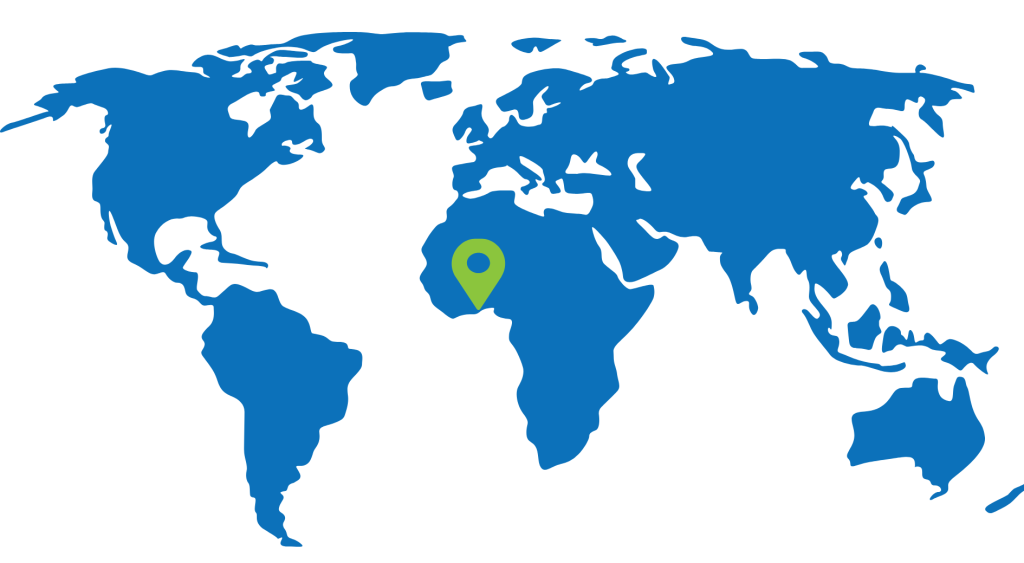Ghana’s National Communications Authority (NCA) has released the newest National Frequency Allocation Table (NFAT), updating the regulatory framework for spectrum management across all radiocommunication services. This update reflects Ghana’s alignment with ITU Radio Regulations and integrates national decisions to support technical coordination, service expansion, and regulatory clarity.

Structured Frequency Allocation and Licensing Conditions
The NFAT outlines the authorized uses of every radio frequency band between 8.3 kHz and 3000 GHz. These allocations now more clearly differentiate between primary and secondary services—primary services are listed in uppercase, while secondary ones appear in lowercase.
Ghana’s NFAT includes:
Direct references to applicable ITU footnotes and regulations.
Priority allocations for essential services such as aeronautical radionavigation, maritime mobile, and standard frequency/time signals, with detailed operational restrictions to prevent harmful interference.
Clear guidelines requiring all radio service users to obtain authorization via licensing before usage. The NFAT itself does not grant spectrum rights.
Specific Spectrum Use Restrictions and Protections
Several frequency bands come with updated operational notes:
Amateur services in bands like 135.7–137.8 kHz and 472–479 kHz are permitted only at low power levels (1W or 5W e.i.r.p.) and must avoid interference with safety-of-life services.
Pulse radionavigation systems are permitted in various bands (e.g., 117.6–129 kHz) on the condition that they do not cause interference.
Maritime mobile services are increasingly limited to radiotelegraph operations in several bands to prioritize navigation and safety.
Allocations for NAVTEX and maritime safety information (MSI) transmissions are strictly regulated under ITU guidelines, such as Resolutions 339 and Appendix 17.
Expanded Use of Spectrum for Scientific and Emergency Services
The NFAT reflects Ghana’s support for scientific exploration and public safety by protecting allocations for services such as:
Radio astronomy and space research, which require minimal interference and are shielded through footnotes that obligate coordination with fixed or mobile users in overlapping bands.
Meteorological aids and earth exploration-satellite services, which are increasingly important for climate monitoring and disaster response, are granted exclusive or shared access to specific frequency bands with usage limits and coordination provisions.
Coordination Requirements for Cross-Border and Shared Use
To ensure regional and international harmonization, the NCA has embedded specific coordination requirements:
Operators in shared or sensitive bands—especially near Ghana’s borders—are expected to coordinate spectrum usage with neighboring administrations, particularly for amateur radio and mobile satellite services.
Certain frequency bands used for short-duration non-geostationary satellite missions (e.g., 137.175–137.825 MHz) are regulated under ITU coordination procedures (Article 9.11A) and limited to a defined number of active satellites per system.
For this article’s source information and any product certification guidance, please contact Global Validity.
Quick Country Facts
Ghana
Certification Body: National Communications Authority (NCA)
Certification Type: Mandatory
License Validity: Indefinite
Application Language: English
Legal License Holder: Manufacturer
In-Country Testing Requirement: Product Specific
Access in-depth regulatory knowledge on over 200 countries and territories with Global Validity’s free proprietary product certification management software, Access Manager. Learn more about the platform here or fill our quick contact form!
Global Validity is your partner for global certification success
Want to learn more about regulatory compliance and how we can help? Simply fill out the form below and we’ll be in touch!
